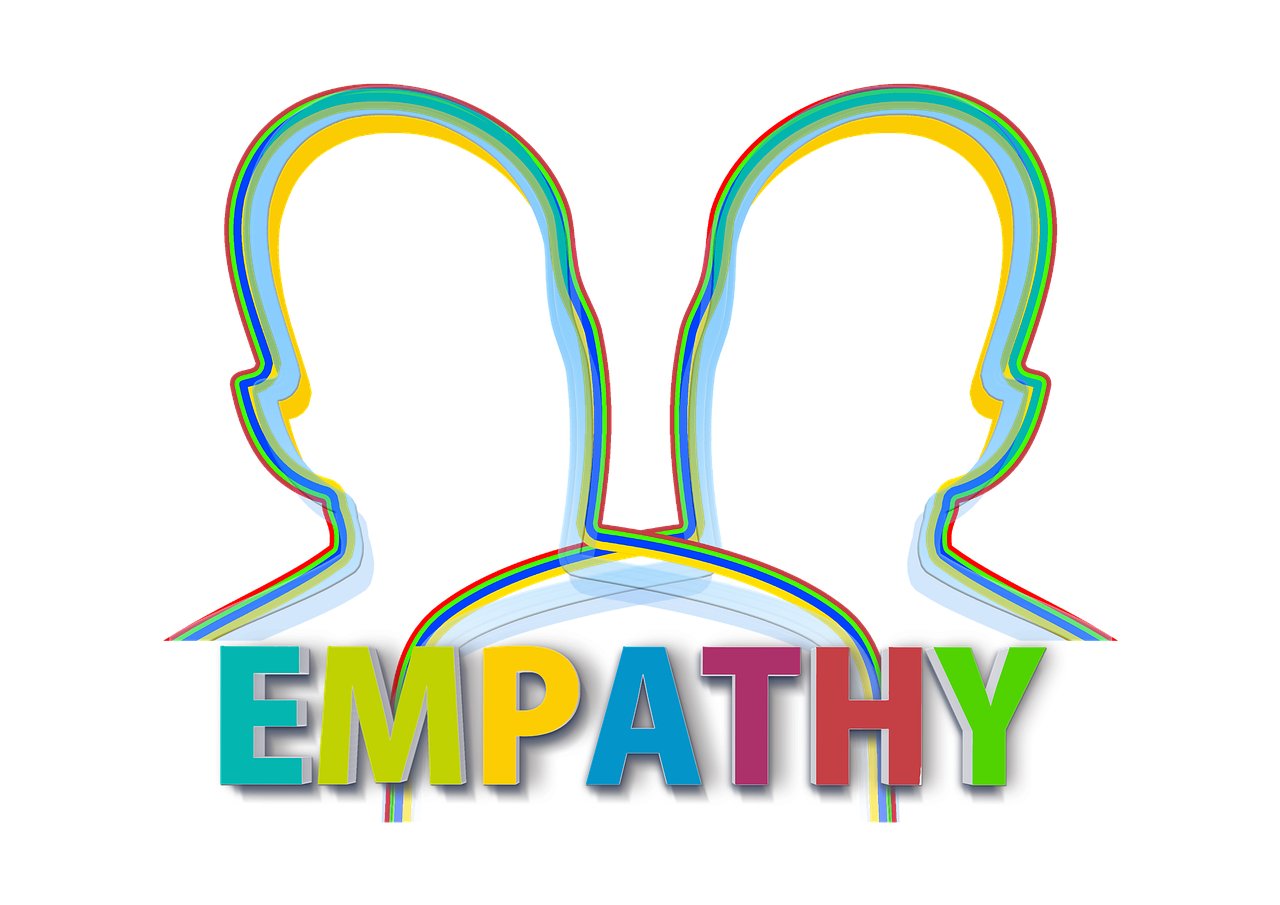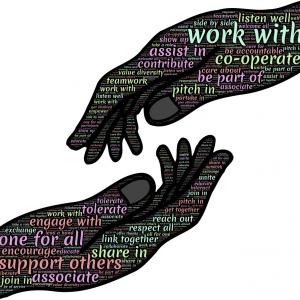Most people guess incorrectly about the best way to reach out in empathy to others. Yet identifying with others is one of the chief means we gain likeability, one of the Seven Influence Traits®. Of course we don’t empathize with others merely to increase a score; however, having people understand we are emotionally in their corner does help us lead them.
What Is Empathy?
The action of understanding, being aware of, being sensitive to, and vicariously experiencing the feelings, thoughts, and experience of another of either the past or present without having the feelings, thoughts, and experience fully communicated in an objectively explicit manner— Merriam Webster
Which Road to Empathy?
Research suggests that a process of systematic reasoning outperforms gut instinct for understanding what other people are thinking and feeling. This counters our own self-perception that gut instinct would be the best means to empathize.
An author of the study, Dr. Jennifer Lerner, states:
Cultivating successful personal and professional relationships requires the ability to accurately infer the feelings of others – that is, to be empathically accurate. Some are better at this than others, a difference that may be explained in part by mode of thought. Until now, however, little was known about which mode of thought, intuitive versus systematic, offers better accuracy in perceiving another’s feelings.
In the first phase of the study, researchers found that most people believed that relying on instinct was the best way to read and to understand other people.
In reality, though, when this was studied scientifically, it was observed that carefully analyzing information worked better.
Dr Christine Ma-Kellams notes:
Importantly, three out of the four studies presented here relied on actual professionals and managers. This sample represents a highly relevant group for which to test empathic accuracy, given the importance of empathic accuracy for a host of workplace outcomes, including negotiations, worker satisfaction and workplace performance.
People who habitually thought systematically through a process rather than intuitively were better at reading other people.
Phase two of the study encouraged half the participants to think in a systematic way with the following instruction, “…write about a situation in which carefully reasoning through a situation led them in the right direction and resulted in a positive outcome.”
The other half of the phase two study group were encouraged to think intuitively.
The study was published in the Journal of Personality and Social Psychology (Ma-Kellams & Lerner, 2016).
In a related study, participants were asked to listen to a subject. Half of the group was asked to use intuition alone to attempt to read the person’s thoughts, feelings and intentions. The other group was given a process framework in which to use while listening and reflecting.
When researchers compared the participants accuracy of analyzing what their subjects real thoughts and feelings were, the analytical-thought-process method outperformed the intuitive-reaction-method’s accuracy of assessment.
So How Do We Learn To Think Empathetically With This Process?
A great deal of our empathy and “reading” others ability is actually fostered at an early age. Many children who grow up in volatile home situations quickly learn to read the people in the situations around them. Is mom drunk today? Is dad angry from a day at work and might erupt at the slightest disturbance?
People of high intelligence with strong inductive logic aptitudes also foster the ability to empathize. Highly analytical types, typically thought to be poor at emotional intelligence, actually have a high advantage in understanding what others are thinking and feeling if they apply themselves to that end.
Practice the act of empathy. Listen carefully to what someone is saying to you in a conversation. Ask follow-up questions to better understand what the speaker intended or how they feel before you respond with your own opinions. Once you think you have a clear read, express it using the classic counselor method of stating, “What I hear you saying/feeling/thinking is _________?” If they say, “Yes, that’s it!” breakdown WHAT led you to that conclusion and the specific questions and steps that let you arrive at it. If they say, “No, that’s not what I am saying/feeling/thinking,” ask them to expound on that. See where you were wrongly leaning on your intuition or using a wrong method of analytical approach.
In a conflict situation where you still need to empathize with someone who opposes you, ask the question, “What assumptions could they have in place that is leading them to this action or conclusion?” List those assumptions. Also ask, “What behind the scenes personal battles or life situations might they be facing which are influencing their reactions?” This allows you to "put yourself in another person's shoes" through understanding the other person's perspective and reality. Reflect on when similar challenges were present in your life, and how it affected your responses. This will allow you to give them grace.
MindTools.com suggests the following practical ways to more effectively practice empathy in a work environment.
1. Put aside your viewpoint and try to see things from the other person's point of view.
When you do this, you'll realize that other people most likely aren't being evil, unkind, stubborn, or unreasonable. They're probably just reacting to the situation with the knowledge they have.
2. Validate the other person's perspective.
Once you understand why others believe what they believe, acknowledge it. Remember: acknowledgement does not always equal agreement. You can accept that people have different opinions from your own, and that they may have good reason to hold those opinions.
3. Examine your attitude.
Are you more concerned with getting your way, winning, or being right? Or, is your priority to find a solution, build relationships, and accept others? Without an open mind and attitude, you probably won't have enough room for empathy.
4. Listen.
Actively listen to the entire message that the other person is trying to communicate.
- Listen with your ears – What is being said, and what tone is being used?
- Listen with your eyes – What is the person doing with his or her body while speaking?
- Listen with your instincts – Do you sense that the person is not communicating something important?
- Listen with your heart – What do you think the other person feels?
5. Ask what the other person would do.
When in doubt, ask the person to explain his or her position. This is probably the simplest, and most direct, way to understand the other person. However, it's probably the least used way to develop empathy. It's fine if you ask what the other person wants; you don't earn any "bonus points" for figuring it out on your own.
The good news is that you do not have to possess some sort of incredible gut level ability to empathize with others. If you simply commit yourself to thinking about HOW you think and intentionally practice it, you CAN become more empathetic. And everyone likes someone who more identifies with him or her as a person.





